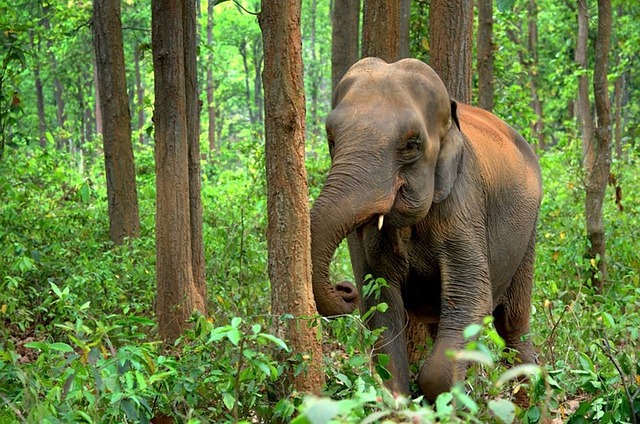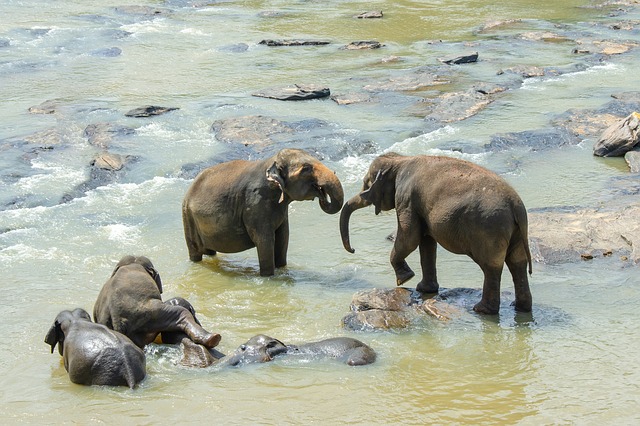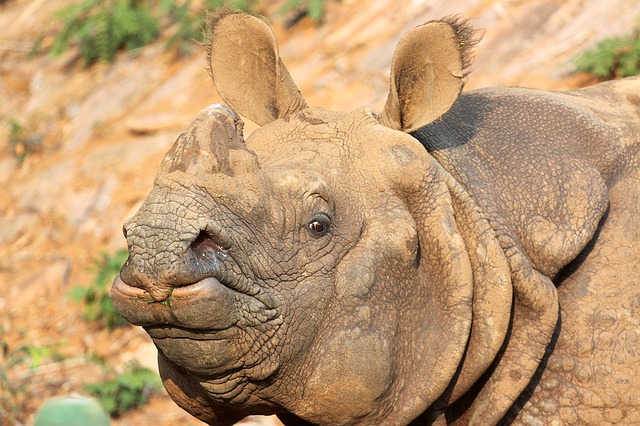Extent of Deforestation shows why Human-Elephant Conflict increasing in the Western Ghats
What has been the extent of deforestation in the Western Ghats elephant habitat in the last 40 odd years? A new study has mapped a total area of over 47,000 sq km across Karnataka, Tamil Nadu and Kerala to find that it is equivalent to about ten times the current size of Bangalore city. And it is linked to the rise in the human-elephant conflict in the region.
The study area included Bhadra Tiger Reserve in the northernmost point and the Nilgiri Biosphere Reserve in the south chosen for the very high density and abundance of the wild Asian elephant in this particular region.
Also Read: Pictures: An Elephant’s Long Walk to Freedom
The study was done by a team comprising Jean-Philippe Puyravaud, Sanjay Gubbi, H.C. Poornesha, and Priya Davidar and published in the journal Tropical Conservation Science.
Maps from the 1960s and satellite imagery were used to compare the forest cover over a period of 44 years. It was found that there has been a severe loss of elephant habitat all because of man-made changes.
Between 1960 and 2004, a total of 6,761 sq km (16, 70,679 acres) of elephant habitat (4,023 sq km of forests and 2,738 sq km of scrub) was lost to agriculture, infrastructure development, and other activities. The elephant habitat link between Nilgiri Biosphere Reserve and the Bhadra Tiger Reserve was severed due to deforestation; most notably in Hassan and Kodagu districts -in areas that got converted to private lands, transforming the landscape.

The study gives evidence of why there is a rise in human-elephant conflict particularly in these regions. Those areas where deforestation rate was high was where the human-elephant conflict incidents were more.
Consider the districts of Kodagu and Hassan that witnessed some of the highest human-elephant conflict incidences in the country. Altogether 64 people have died in Kodagu and Hassan due to elephant conflict in the last 10 years.
Also Read: Elephant and Unborn Calf Electrocuted in Assam
The reason clearly was deforestation as elephants continue to live in the fragmented area in small clusters of a forest. However, as the continuum of habitat for the elephants is broken and there are isolated elephant populations the chances of coming in contact with people are much greater.
The study stresses the importance of reducing deforestation, loss, and fragmentation of elephant habitats to reduce the loss of human lives and livelihoods. There is also a need to stem out negative attitudes towards wildlife.
The researchers suggest the optimization of landscape organisation by the zoning of activities, which would mean allowing the right economic activity at the right place. It was found that most incidences happened within 4 km of the protected area boundary. Therefore, the idea of zonation is not only appropriate but also essential. Better land-use planning, improving awareness, and adequate activities within this zone can help reduce negative impacts for both people and animals.
Quoting from other studies, the authors warned that the future of Asian elephants is already at risk because of anthropogenic global warming which could destroy a lot of their habitat. Hence the need to maintain forest cover, connectivity of the elephant habitat and conducive ecosystems outside the protected areas becomes greater than ever before.










One thought on “Extent of Deforestation shows why Human-Elephant Conflict increasing in the Western Ghats”